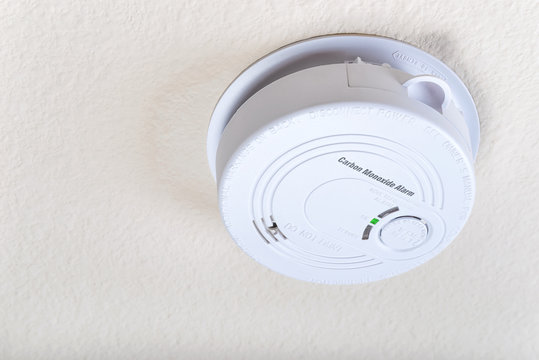When it comes to air quality, many people are skeptical about the potential pollutants in their home’s air that could be wreaking havoc on their lungs. If you’re one of the skeptics, don’t worry. Here are some simple ways to improve your indoor air quality.
- Freshen up your floors:
It may sound surprising, but it’s not uncommon for chemicals and allergens to accumulate in household dust for decades. If you’re concerned about air quality, consider investing in a vacuum with a HEPA filter to reduce chemical concentrations in your home. You can also dispose of other toxins and allergens like pet dander, pollen, and dust mites. Vacuuming frequently with a vacuum that has strong suction and rotating brushed in addition to a HEPA filter is one of the best ways to consistently improve air quality. In high traffic areas, the same spot should be vacuumed over several times, and walls, edges, and furniture should not be neglected. Don’t forget to clean out the vacuum filter when you’re done!
- Dehumidify as needed:
It’s important to keep a healthy level of humidity in your home. Dust mites and mold are notorious for loving moisture, and maintaining a humidity level of between 30% and 50% will help keep these pollutants and allergens under control. A dehumidifier helps reduce moisture in the air, and during the summer, an air conditioner also helps reduce indoor pollen count. However, depending on how you use it, the filters on your home HVAC systems, including AC units, likely need to be changed either once a month or once every three months, according to EnergyStar.gov.
- Skip the smoke:
This is a given, but if you’re concerned about your home’s air quality, enforce a strict no-smoking policy. Cigarette smoke contains more than 4,000 chemicals, and research shows that secondhand smoke increases risks of respiratory infections, asthma, cancer, breathing problems, and heart conditions.
- Beware of radon:
Finally, one additional step you can take for extra peace of mind is to test for radon. Radon is an odorless and colorless gas that could be present in both older and newer homes. It typically moves through the ground and into your house through holes and cracks in the foundation. Homes with heavy drafts, airtight homes, and homes with or without basements are all susceptible to potential radon problems. Granite countertops have also been linked to the radioactive gas. Air testing radon is easy, fast, and cheap, and it’s definitely something worth considering if you’re still concerned about air quality.
Ultimately, air quality is something that most people don’t think about too often, but it can make a huge difference in our day-to-day lives and overall well-being. For more information about heating and cooling, contact Hager Fox.




